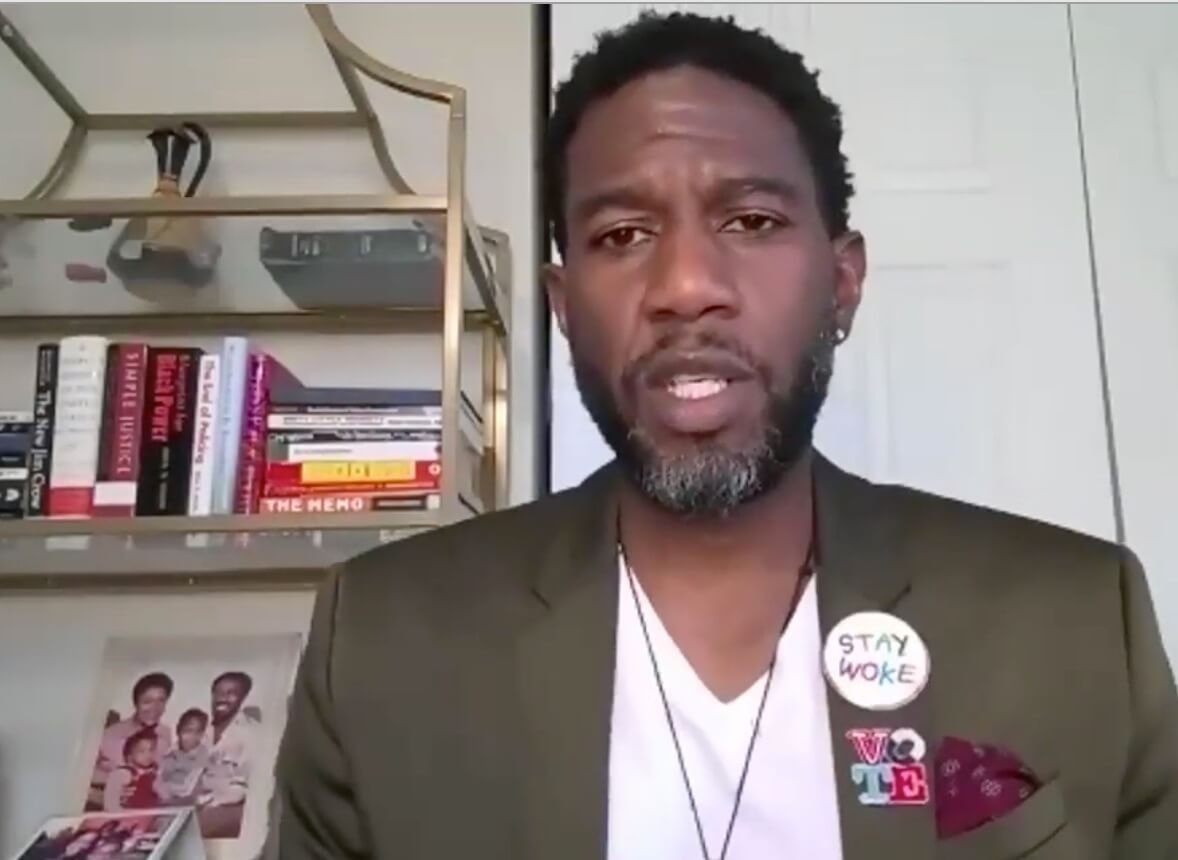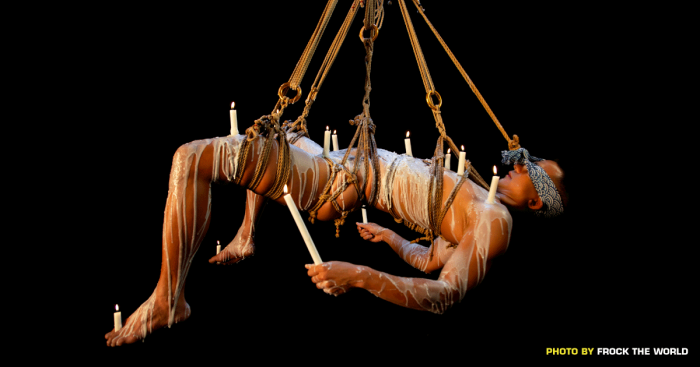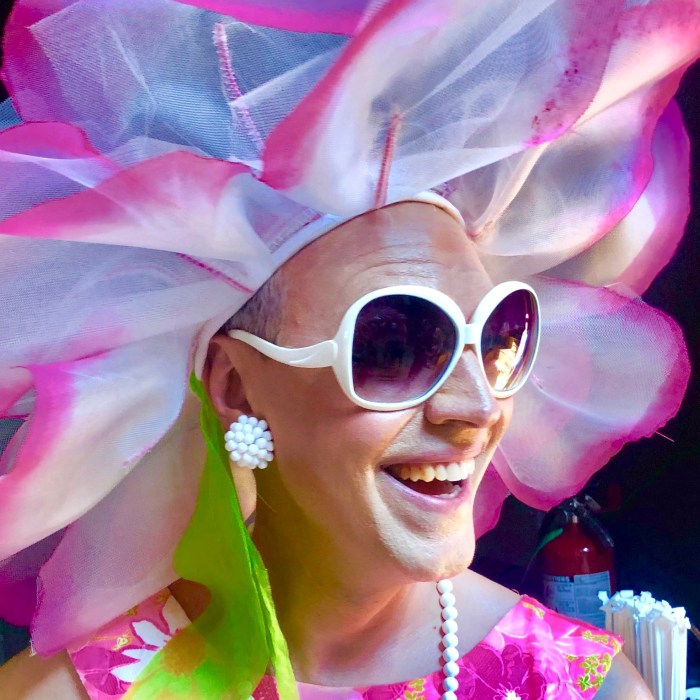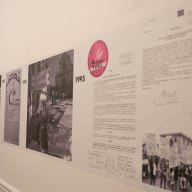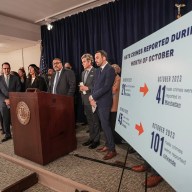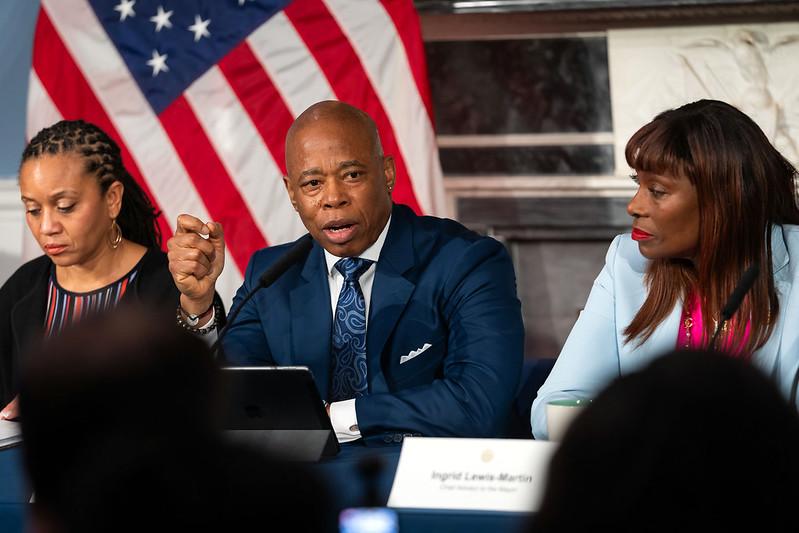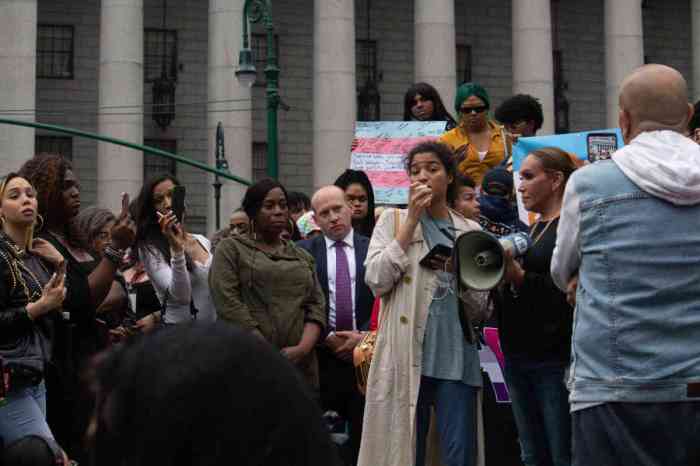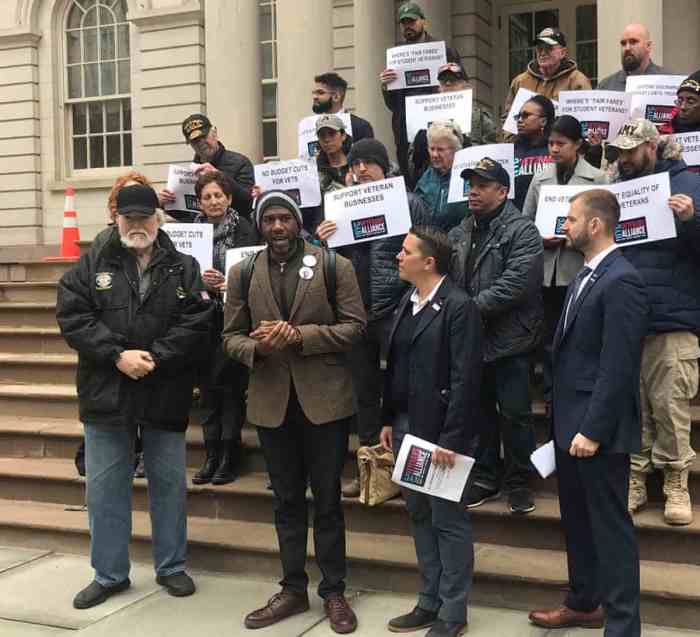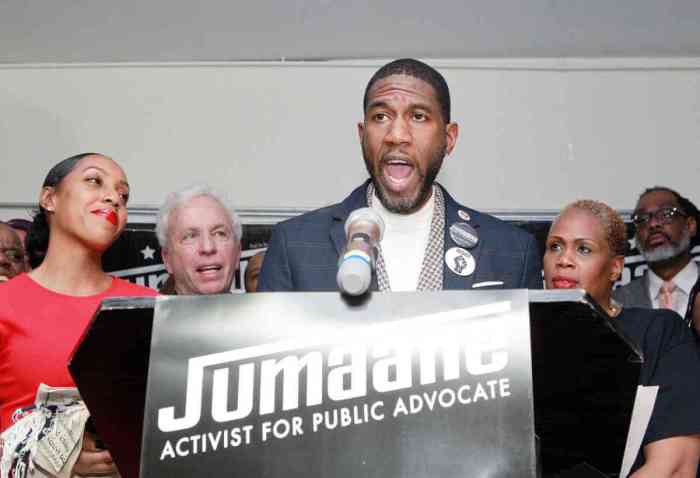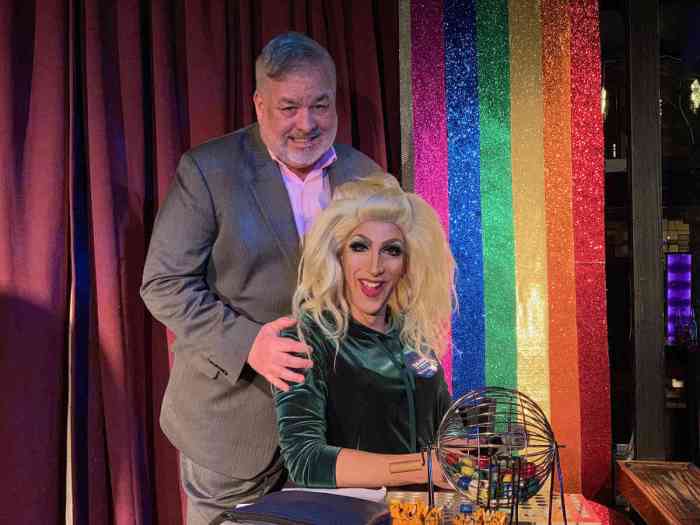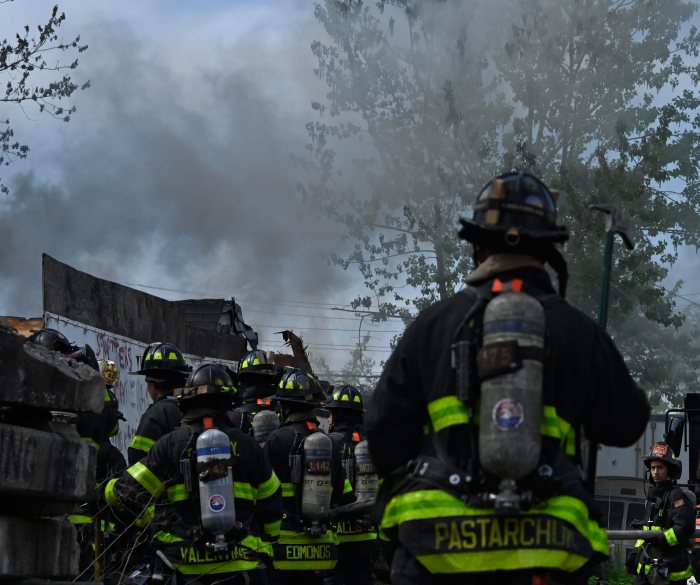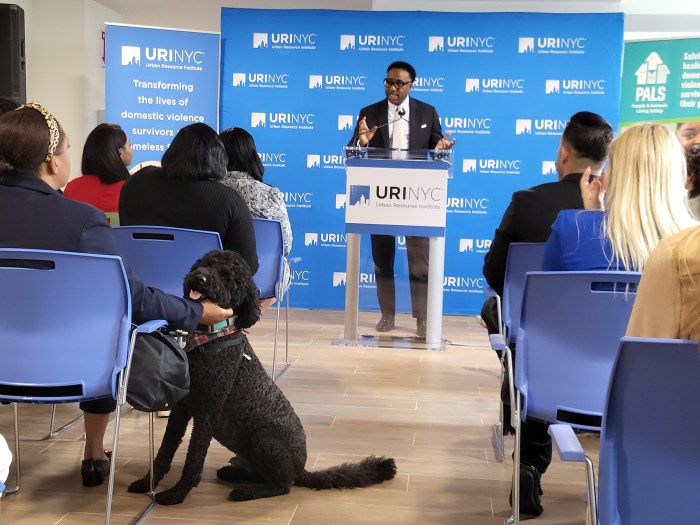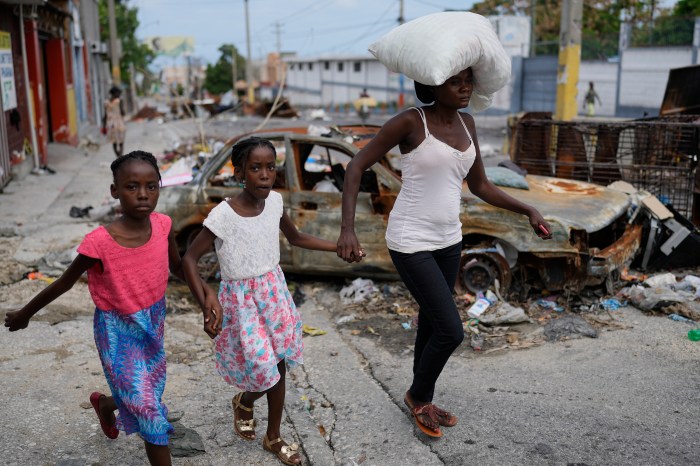In a virtual press briefing held the day that the 33rd murder of a transgender person in the US this year was confirmed in Indianapolis, New York City Public Advocate Jumaane Williams, joined by more than half a dozen trans advocates, declared “a state of crisis” in the escalating epidemic of anti-trans violence nationwide.
“We are in a state of crisis — we need to meet it with urgency, clarity, and resolve,” Williams said during the October 14 event. “Trans women, particularly trans women of more color, are being killed with impunity, and it is past time to meet that emergency with real change that can end this epidemic of violence. Today I am calling upon the governor to acknowledge anti-trans violence as a state of crisis, and encourage the mayor and all of my colleagues in government to join me and the countless advocates who have joined us today in developing comprehensive plans that put an end to anti-trans violence once and for all.”
The public advocate announced that the following day he would file two bills in the City Council — one would require the city to report on the training of medical professionals in the care of transgender and gender non-conforming patients and the other would mandate that the health department distribute signage to hospitals spelling out transgender patients’ rights and the services that are available to them.
Public advocate joined by host of advocates in demanding focus and funding for a community under siege
Williams also pressed the Legislature in Albany to repeal the discriminatory “Walking While Trans” loitering law often used to target transgender women, particularly women of color, and called for the city to officially recognize November 20 as Transgender Day of Remembrance. He also discussed the need for creating affordable housing suitable to the needs of transgender adults and youth and endorsed several economic empowerment initiatives aimed at creating job opportunities for trans, gender non-conforming, and non-binary New Yorkers.
The public advocate has been frank in recent years about the learning curve he has traveled down on LGBTQ issues — he once opposed marriage equality and, as a city councilmember in 2014, abstained on a measure easing the requirements for transgender people born in the city to change the gender marker on their birth certificate.
“This has nothing to do with comfort. People are being murdered,” Williams said.
“We have to break past comfortability,” he added, alluding to the fact that many cisgender people still have their own learning curve to go down, but that while that work progresses immediate attention to the rampant anti-trans violence is critical.
The public advocate’s office, Williams said, would be hosting a series of town halls and other engagement events in the days leading up to Transgender Day of Remembrance next month to air critical issues facing the community and educate the wider public about trans issues.
Like other advocates on hand, Beverly Tillery, executive director of the New York City Anti-Violence Project, praised Williams for stepping up, saying, “We’ve been calling for this kind of leadership for years.”
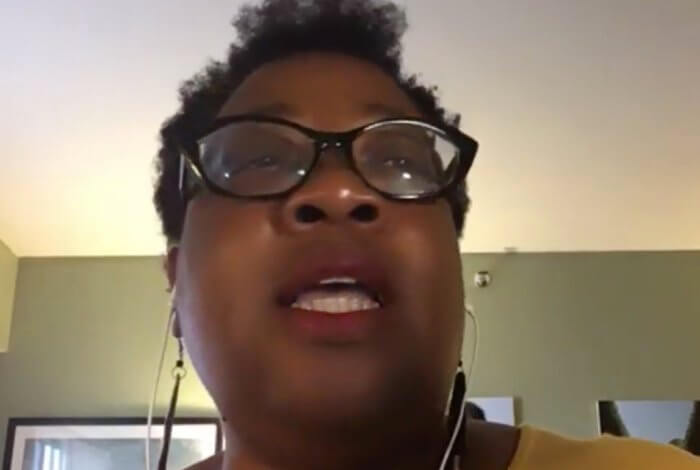
Then noting that 2020, still only mid-way through October, has already broken the 2017 record of 31 anti-transgender homicides, Tillery said, “We know that the numbers don’t account for all the homicides that have occurred.”
It is not simply a problem in red states, she emphasized, noting the two murders of trans women in New York confirmed so far this year, along with the mysterious death of a third woman visiting from Chicago.
Tillery emphasized four points in particular — the need to repeal the Walking While Trans loitering law, the need for greater funding for the city’s hate violence prevention initiative, the urgency of addressing the need for permanent housing as well as trans-affirming emergency shelter spaces, and the need for cisgender women to step forward to support the trans community. She noted that Williams had already pointed to the responsibility that cisgender men have to learn more about trans issues.
On the question of affordable housing, Rumi Akong, the trans justice coordinator at the Audre Lorde Project, which serves LGBTQ communities of color throughout the city, noted that only 10 percent of what the city categorizes as “affordable housing” serves New Yorkers living below the poverty line, a demographic in which many trans folks find themselves.
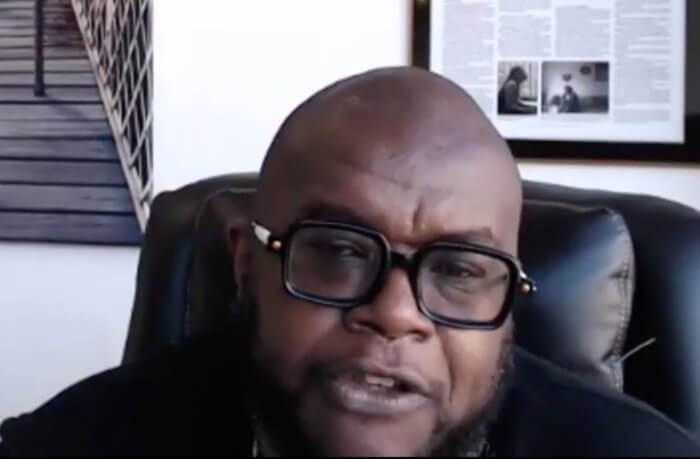
Sean Coleman, the founder and executive director of Destination Tomorrow, a Bronx LGBTQ community center that serves a largely people of color clientele, including many transgender people, said that inadequate funding of organizations with specific expertise in meeting the needs of trans New Yorkers is a big part of the problem. He said that even when the limited government resources for transgender and non-binary services are doled out, they too often end up in the coffers of bigger non-profits that lack the cultural competency of Destination Tomorrow and of other organizations represented on the Zoom call organized by the public advocate’s office.
To sign up for the Gay City News email newsletter, visit gaycitynews.com/newsletter.

